Read time: 5 minutes
Brain exercises have a positive impact on brain health and delay aging effects. Activities such as puzzles, memory games, and learning new skills, activate various brain regions and promote neuroplasticity. This is the brain’s ability to reorganize and form new connections between neurons. Brain exercises stimulate the release of neurotrophic factors, which promote the survival and growth of neurons. They also increase blood flow to the brain and deliver essential nutrients and oxygen.
Computers and smartphones have profoundly influenced the way we use our brains. Their impact on our brain function can be both beneficial and detrimental. These devices have expanded access to information, improved communication, and enhanced productivity. However, their excessive and indiscriminate use can lead to negative consequences. Constant connectivity and multitasking on computers and smartphones fragment our attention and impair concentration. The instant gratification and constant stimuli offered by these devices can be overwhelming and may accelerate brain aging. This leads to reduced memory retention and decreases critical thinking skills.
Also Read: 7 Mind-Body Techniques to Improve Mental Focus
Excessive screen time can disrupt more than brain function. They interfere with sleep patterns. Affect mood regulation. And contribute to sedentary behavior. All of which can impact brain health negatively. Incorporating offline activities ensures that our brains remain engaged, focused, and healthy in the digital era. By regularly engaging in brain exercises, individuals can strengthen neural networks, and enhance cognitive abilities. This will potentially delay age-related cognitive decline and neurodegenerative diseases. Regardless of your current age, it’s important to consistently challenge the brain and provide it with the stimulation it needs to maintain optimal function and resilience as we age.
Here are 8 brain exercises to keep your brain sharp and healthy as you get older.
1. Puzzles and brainteasers
Puzzles and brainteasers provide mental stimulation and promote cognitive health. Solving puzzles challenges various cognitive skills, including problem-solving, logical reasoning, pattern recognition, and memory. Regular engagement in these activities can improve cognitive flexibility, enhance memory retention, and sharpen overall cognitive abilities. Got some time to spare or waiting for something? You’ll find that these activities are an inexpensive way to pass the time. Many dollar stores or big box stores offer books of puzzles at a variety for a variety of experience levels. This makes them a valuable tool for keeping the brain active and delaying age-related cognitive decline.
Also Read: Hacking Age-Related Decline in Athletic Performance
Some examples of puzzles or brainteasers are Sudoku, jigsaw puzzles, and crosswords. Make sure to select one that fits your current ability, or you’ll negate the benefits. You’ll want to challenge yourself but not be so hard that you lose interest. For example, if you’re new to Sudoku, selecting the advanced puzzles will just leave you frustrated.
2. Reading
Reading is a powerful activity that benefits the brain in numerous ways. It stimulates the brain’s neural pathways, enhancing connectivity and promoting cognitive function. It’s never too late to reap the benefits of reading. At any age, regular reading improves vocabulary, language skills, and knowledge. It also boosts memory, focus, and analytical thinking. Engaging in reading as a daily habit can help delay brain aging by providing ongoing mental stimulation and intellectual enrichment.
Further Read: 15 Powerful Books to Build Good Habits
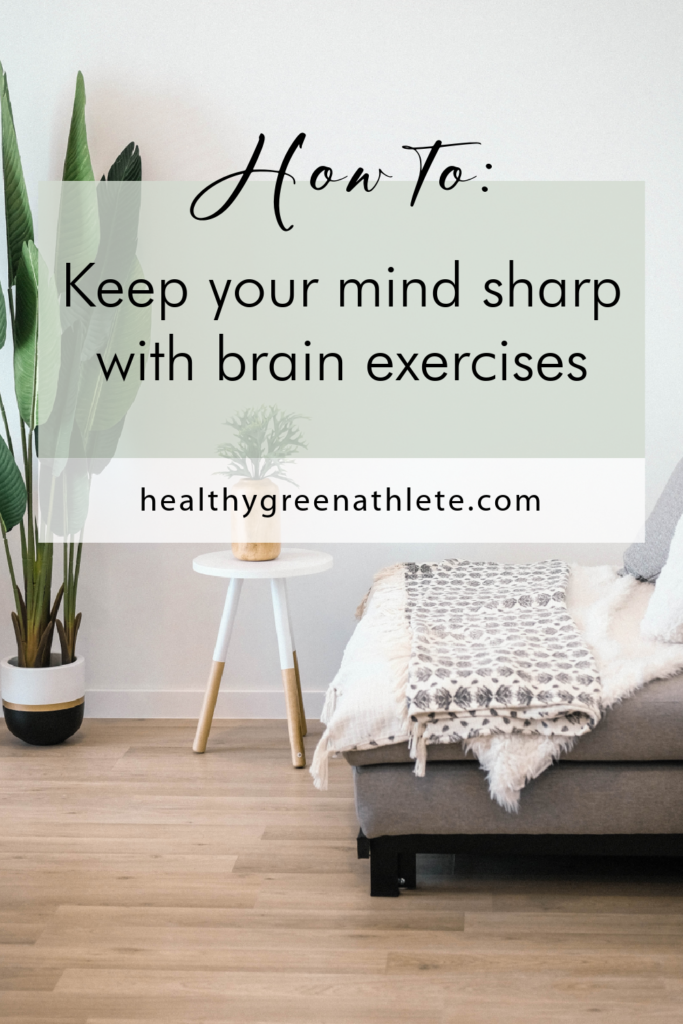
3. Learn a new skill
Learning a new skill is an excellent way to keep the brain sharp and delay aging effects. The process of acquiring a new skill involves forming new neural connections, strengthening existing ones, and promoting neuroplasticity. It challenges the brain by requiring focused attention, problem-solving, and memory recall, all of which contribute to cognitive vitality and can help prevent age-related cognitive decline.
Also Read: 5 Tips To Achieve Your Goals Faster
Try a new hobby or learn a skill such as a musical instrument or foreign language. Bonus points if the activity also allows you to express your creativity. Engaging in creative activities helps to problem-solve and generate new ideas. Learning how to paint, sew, or cook activates various regions of the brain. This activation fosters neural connections and promotes cognitive flexibility and divergent thinking.
4. Memory game
Remember playing Simon Says when you were younger? That’s an example of a memory game that can boost cognitive abilities and delay brain aging. By actively engaging the brain in exercises that challenge memory recall. As an adult, you can opt for something a bit more adult than Simon Says. Memory games can be built into your day by lessening your reliance on technology to remember things for you. For example, try to memorize a map before you head to a new destination rather than relying on your GPS.
There are also several smartphone apps or card games that can help you improve your memory. This will improve your working memory capacity and enhance your ability to retain and retrieve information. Regular practice of these games stimulates the brain’s memory-related neural networks, promoting neuroplasticity. And potentially mitigating age-related memory decline.
5. Mental Math
Have you ever had to pull out a calculator to determine how much tip to leave your server? Or find yourself forgetting what 8 times 6 is? Practicing mental calculations, without a spreadsheet or calculator, is beneficial for the brain. Performing calculations mentally, without external aids, challenges the brain’s processing and problem-solving abilities. It also stimulates the brain’s mathematical neural networks. This improves mental agility, numerical fluency, and overall cognitive function. Thus, making it an effective strategy for maintaining brain health as we age.
Also Read: 9 Lifestyle Habits to Preserve Your Brain’s Youth
6. Brain training apps
Brain training apps are a convenient and accessible way to engage in cognitive exercises. They offer a variety of games and challenges that target different cognitive skills such as memory, attention, problem-solving, and logic. Think of them as a digital educational workbook for adults. Daily use can provide mental stimulation and promote engagement with cognitive tasks. They also contribute to maintaining cognitive function and delaying brain aging along with other lifestyle habits. Many of them will even measure your brain’s current abilities and see how they improve over time.
7. Mindfulness meditation
Mindfulness meditation is a practice that involves focusing one’s attention on the present moment. And with non-judgmental awareness. Research suggests that regular mindfulness meditation delay aging effects in the brain. It enhances connectivity and supports regions associated with attention and emotional regulation. Plus, it’s a great way to reduce stress and anxiety, which contributes to maintaining cognitive function and overall brain health as we age.
Also Read: The 7 R’s to Rewiring Your Brain (7 strategies to break bad habits!)
8. Handwriting
Handwriting offers several benefits for brain function compared to typing on a keyboard. When we write by hand, we engage multiple sensory and motor systems, including visual, tactile, and proprioceptive feedback, which activate different areas of the brain. This multisensory experience helps with memory encoding and retrieval.
Handwriting also promotes better fine motor skills and coordination. That means that it improves hand-eye coordination. Putting pen(cil) to paper encourages active engagement and deeper processing of information. It fosters creativity, critical thinking, and conceptual understanding. Incorporating handwriting into daily activities can provide valuable cognitive benefits and support optimal brain function.
If you’re like me and you mostly take notes on a device, mix things up, and choose one meeting per day to take handwritten notes. Another excellent activity, with benefits beyond delaying brain aging, is journaling. Grab your favorite pen and notebook and write about your day. Or offload whatever else comes to mind at that moment.
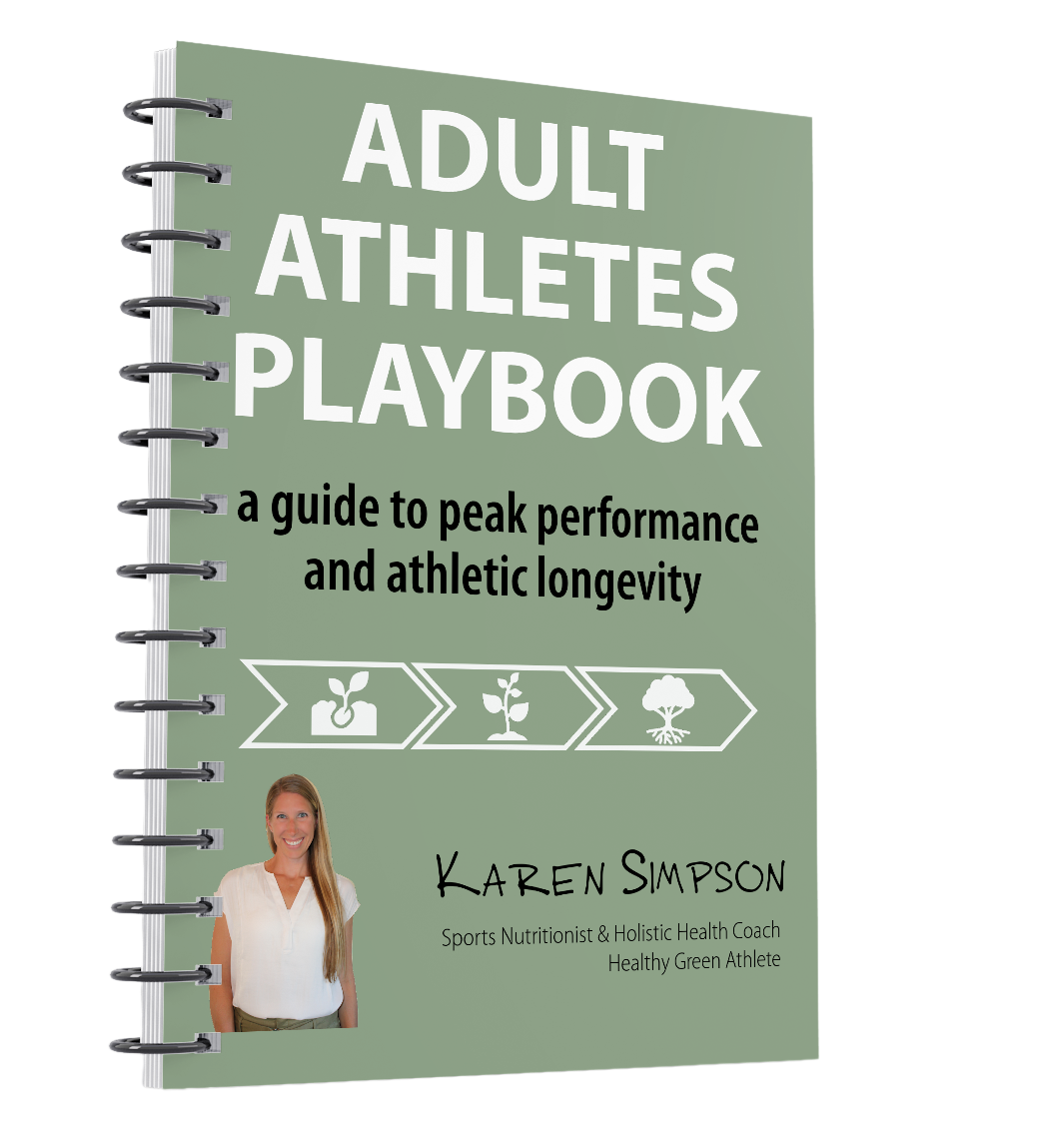
Adult Athletes Playbook
A Guide to Peak Performance and Athletic Longevity
This playbook will help you develop and implement a personalized game plan for improving athletic performance.


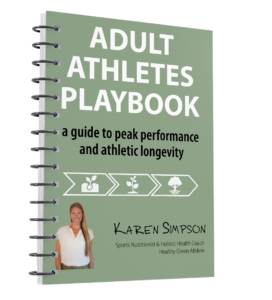



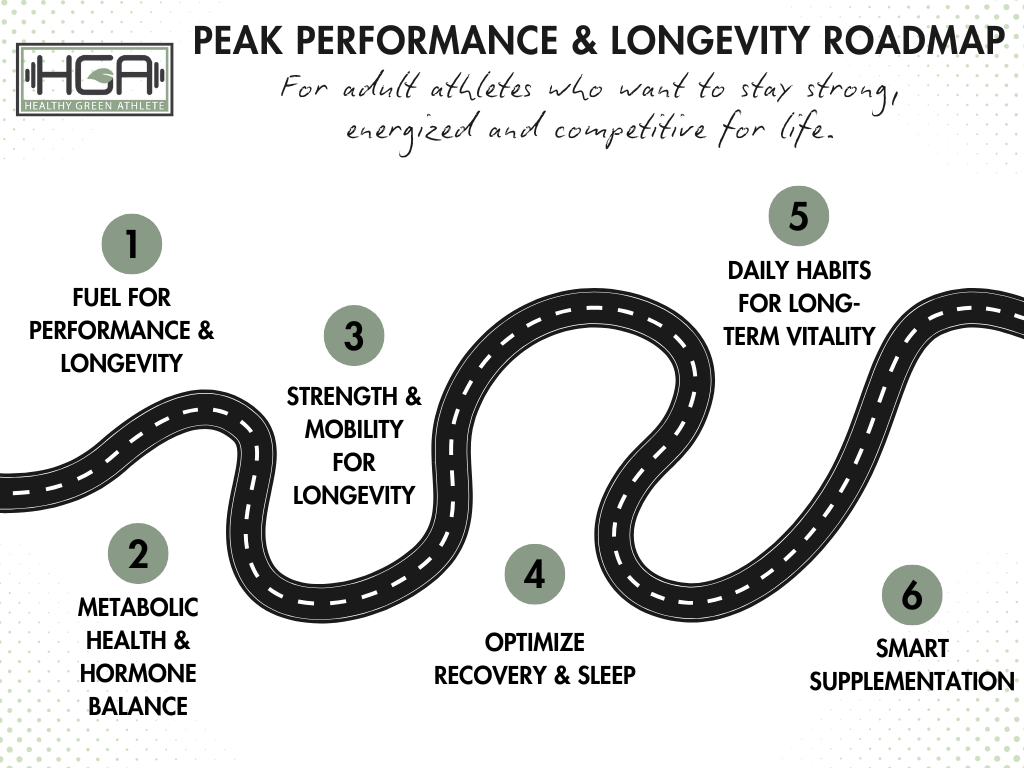






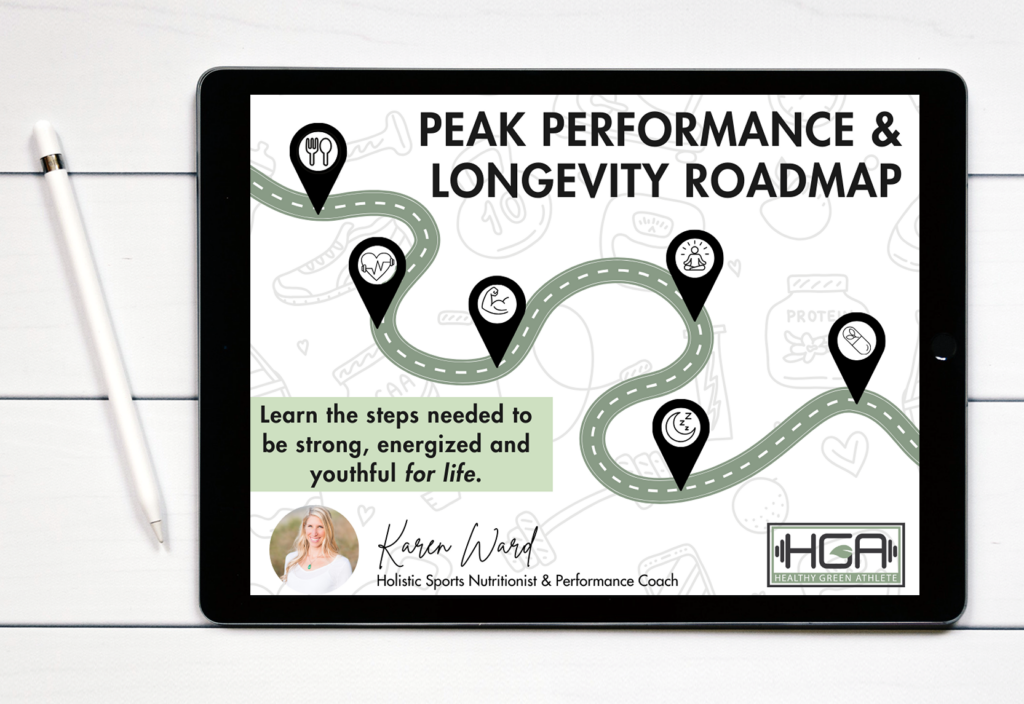
One Comment
Pingback: